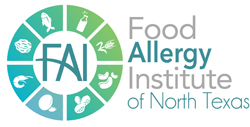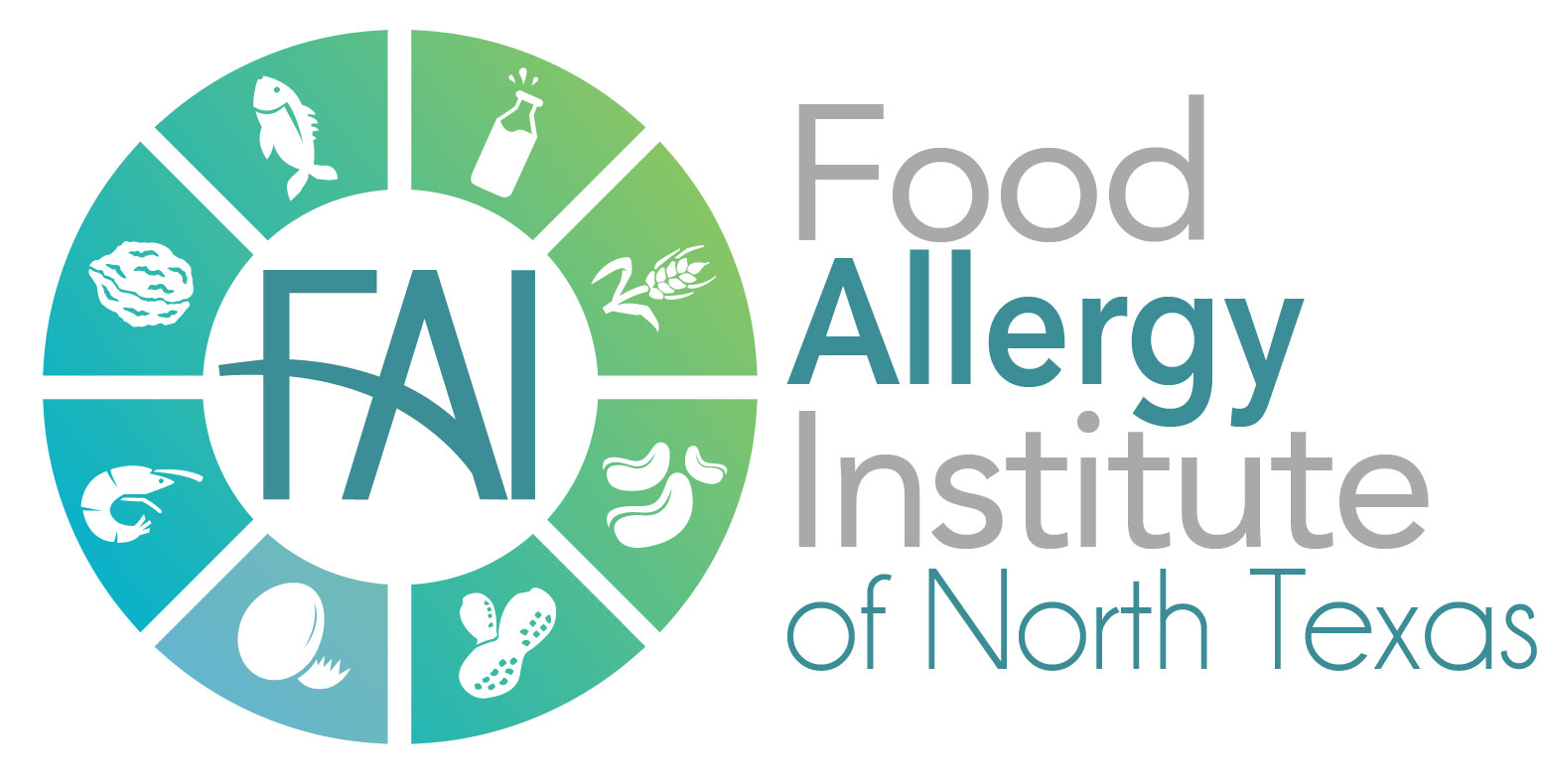24 Mar The Raw Food Approach
We live in a world where diets are constantly changing. There are several different approaches when it comes to finding the right diet for you. This blog will cover the Raw Food Approach and the idea behind it.
The Claim:
Foods are packed with natural enzymes and if cooked above 116 degrees Fahrenheit, heat will destroy most of the vitamins, phytonutrients, proteins, and enzymes.
The Reality:
Cooked food has many nutritional and safety benefits. While weight loss is likely on a raw food diet, it is more likely due to elimination of high calorie processed foods and not a result of eliminating cooked foods.
The Theory:
The raw food diet dates back to the 1800s and has evolved over the years. This approach involves elimination of any foods that have been: pasteurized, homogenized, or produced with the use of synthetic pesticides, chemical fertilizers, industrial solvents, processed, refined sugars, or chemical food additives.
What Does the Diet Look Like?
| Permissable Foods | Foods to be Eliminated |
| Fresh fruits, vegetables, nuts, seeds, herbs, unpasteurized milk, cheeses made from raw milk, raw honey, nut butters, dried organic legumes, raw fish, raw meats, extra-virgin olive oil, raw virgin coconut oil, raw coconut butter, freshly squeezed juice, herbal teas. | Refined sugars and flours, table salt, caffeine, pasta, baked goods, pasteurized juice/milk |
Using cooking practices such as: juicing, blending, dehydrating, germinating, and sprouting are encouraged on this diet.
The Concerns:
Food safety is a top concern. Unpasteurized dairy products can transmit listeria, a food borne illness that can lead to fever, muscle aches, and gastrointestinal symptoms. Raw meats have the potential to carry E coli which can also cause infections and illnesses. Due to the risk for food poisoning, the diet can be harmful for pregnant women, young children, seniors, people with weak immune systems, and those with chronic medical conditions like kidney disease.
Another top concern is nutrient deficiencies. When dairy, meats, fish, beans, and grains are eliminated, there is always risk for gaps in the diet. Obtaining these nutrients via other sources or supplementation can be challenging.
Recommendations:
While it is encouraged to consume some foods raw, having a balance of cooked and raw is best from a nutritional perspective. Achieving balance and variety is the best way to meet your dietary needs.


